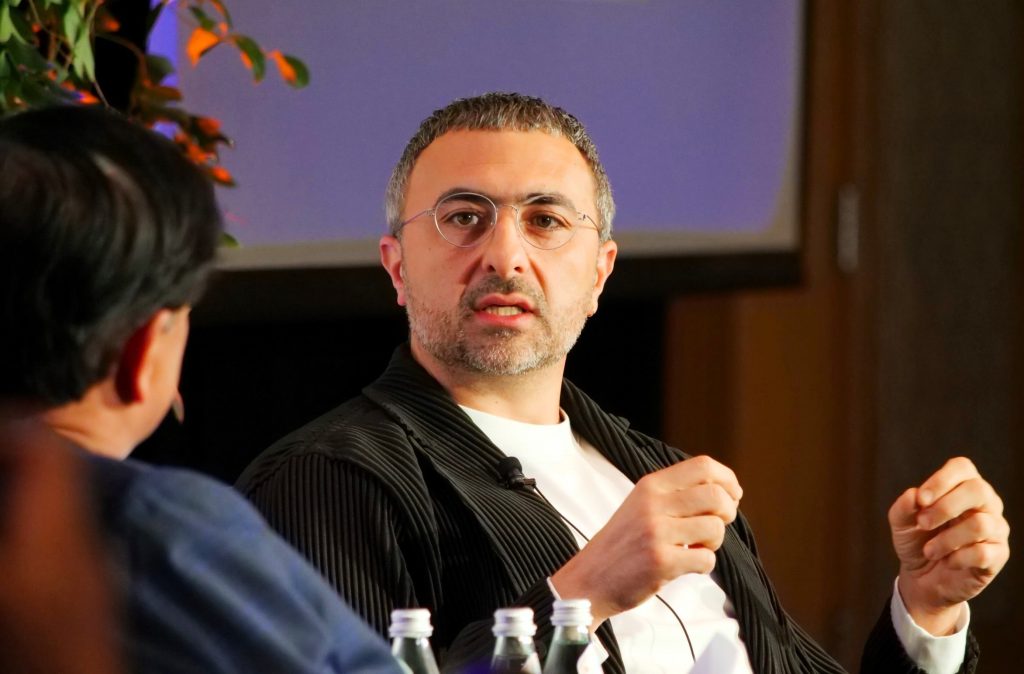Mustafa Suleyman, CEO of Microsoft AI, recently spoke at the Madrona IA Summit in Seattle about the revamped personal Copilot, which allows users to engage in natural conversations with AI using their voice. While the current version does not retain information from one session to another, the implementation of long-term memory will be a crucial next step for AI in the future. Suleyman emphasized the importance of this development during his talk with S. “Soma” Somasegar, a managing director at a venture capital firm and former Microsoft executive.
As the co-founder of DeepMind and former Google vice president of artificial intelligence, Suleyman was hired by Microsoft to oversee consumer AI initiatives after his time as the co-founder and CEO of startup Inflection AI. He discussed the evolution of AI and the potential impact it will have on society, noting that machines have now learned to speak human languages, fundamentally changing the programming interface. He sees AI as a tool that will allow people to program the digital world around them, ultimately changing the way we interact with technology.
Suleyman also highlighted the shift in his mindset about technology development, viewing AI as a means of creating lasting and trusted relationships rather than just applications. He described his team’s focus on engineering personality, crafting relationships with users that are meaningful and enduring. This approach, he believes, is the new platform for AI moving forward. By focusing on emotional intelligence, factual accuracy, and the ability to take action on behalf of users, AI systems are becoming increasingly sophisticated.
The CEO noted that the missing piece in current AI systems is memory, with the potential for AIs to have very good memory in the near future. While much of the industry is focused on the idea of artificial general intelligence (AGI) – an all-knowing and general-purpose AI equivalent to human intelligence – Suleyman believes intelligence also involves the ability to focus on the right thing at the right time. By integrating IQ, EQ, AQ, and memory capabilities into AI systems, he envisions creating a powerful and advanced system that can operate efficiently and effectively.
Overall, Suleyman’s presentation at the Madrona IA Summit emphasized the continued evolution of AI technology and its potential to revolutionize human-machine interactions. By focusing on creating long-term relationships with users and enhancing memory capabilities, AI systems have the potential to become increasingly intelligent and responsive. With ongoing advancements in emotional intelligence, factual accuracy, and the ability to take action, the future of AI holds promise for new and exciting possibilities in the digital world.















